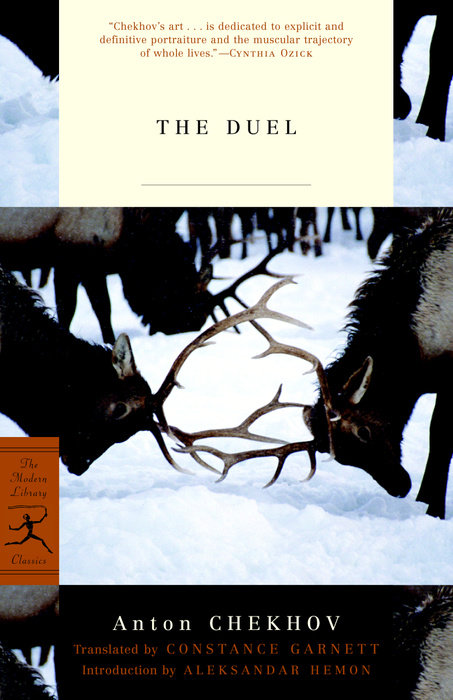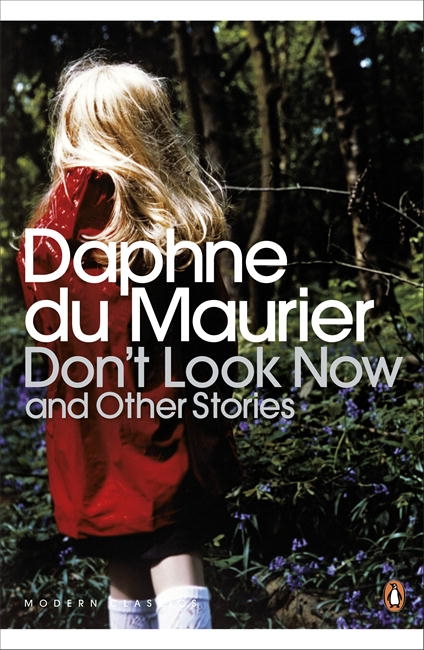“There are such queer things about orchids…such possibilities of surprises” (H. G. Wells).
There is something about plant horror that stirs imagination like few other things, and evidence of this is the success of such astonishingly-premised books and films as The Day of the Triffids [1951], Invasion of the Body Snatchers [1956] and Annihilation [2014]. Orchids, in particular, have gathered quite a dark reputation over the decades, and academics like to link this reputation to orchids symbolising (the dark sides of) female sexuality. Also, just as there once was “tulipomania” in Holland in the 17th century, there was also once “orchidmania” in the 19th century, with the orchid becoming an obsession among botanists and travellers alike. Naturally, the more exotic the orchid was, the more it was sought after.
Below are three classic short stories that focus on “monster” orchids, and the interesting thing is that each of the stories below are connected through the “chain of inspiration”: Arthur C. Clarke’s story was inspired by H. G. Wells’s one, and Clarke and Collier’s stories provided inspiration for the horror-comedy films Little Shop of Horrors [1960] and [1986]. Two other books on a similar topic on my TBR list are Plants in Science Fiction: Speculative Vegetation by Katherine E. Bishop (ed.), and Plants That Kill: A Natural History of the World’s Most Poisonous Plants by Elisabeth A. Dauncey.








